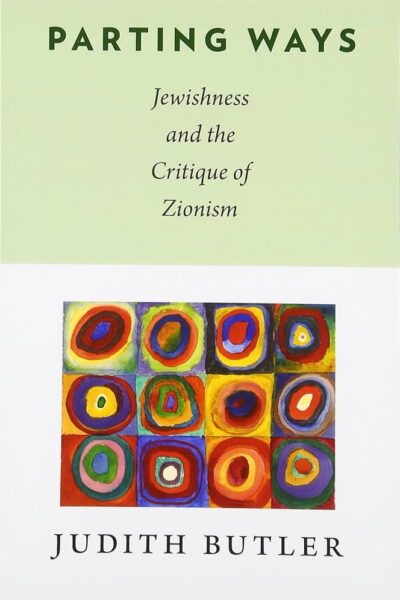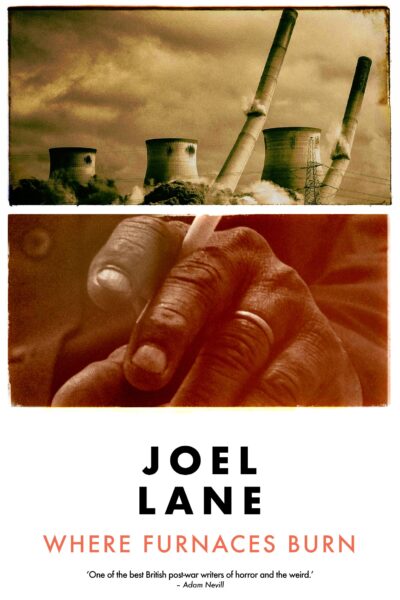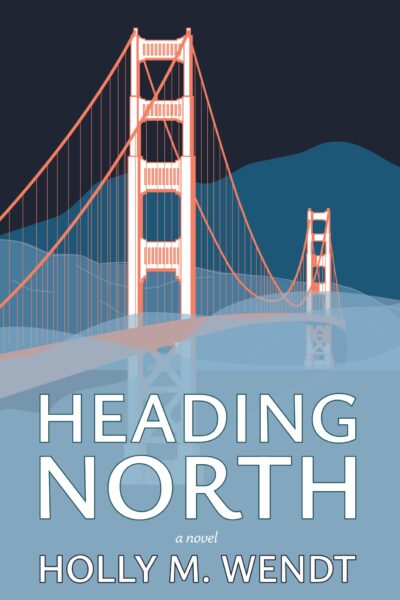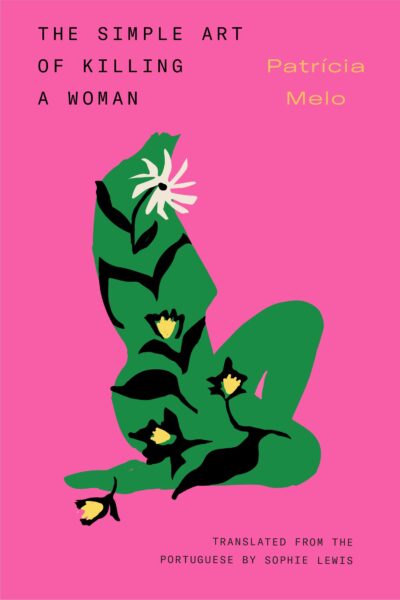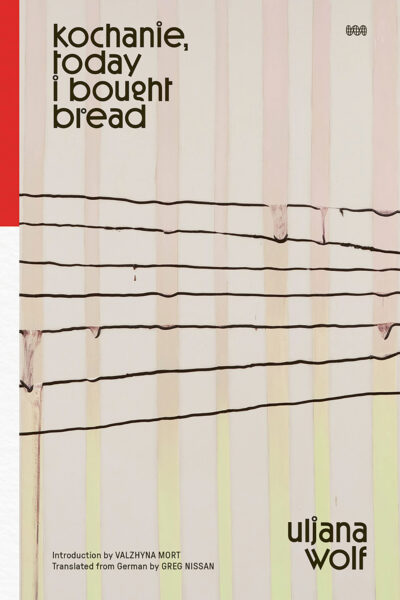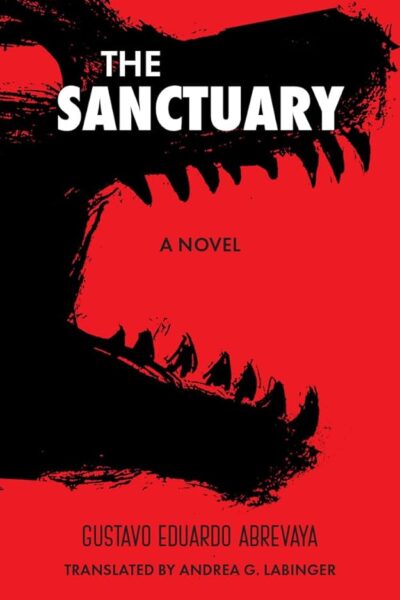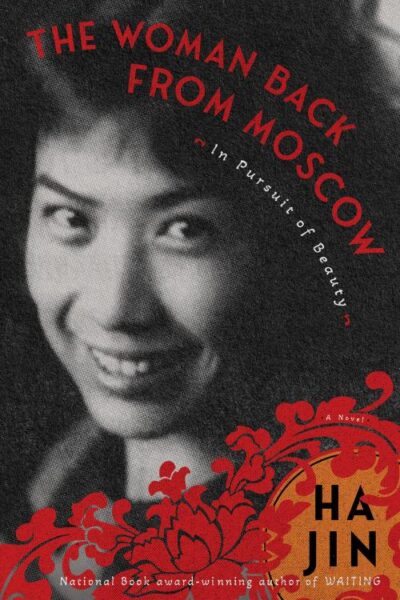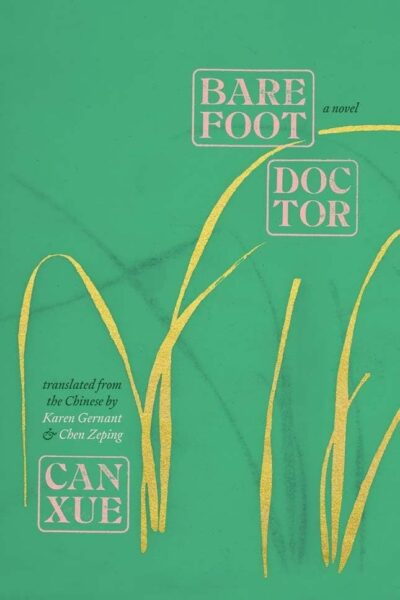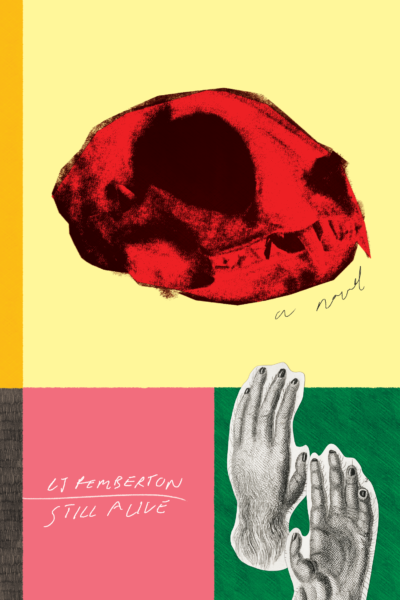Jewish Authors Critical of Zionism
Jews across the diaspora . . . have been vocally demanding a ceasefire and organizing to take action. They are part of the long Jewish tradition of criticizing Israel and Zionism, which has existed as long as the idea of Israel.
Where Furnaces Burn – Joel Lane
Lane seems to be claiming that there’s something fatally false about the industrial landscape, which appears natural but in fact is inimical to life. He warns, too, against worshipping machines that comfort us even as they kill.
You don’t have to know anything about hockey to feel that Wendt does: they write it gorgeously, in prose thrumming with the rhythm of coordinated movement.
THE LONG FORM is about how a person lives with a long novel: in between the domestic motions of her day, Helen is reading and considering the form of Henry Fielding’s The History of Tom Jones and the origins of the English novel form generally—a distracted preoccupation, an interiority in relationship with the material demands of her day.
The Simple Art of Killing a Woman – Patricia Melo
While violent fantasy is cathartic, it does not bring about justice. That, the narrator comes to realize, is found elsewhere.
kochanie, today i bought bread – Uljana Wolf
It’s a testament to Nissan’s work as a translator that this collection of Wolf’s poems offers an abundance of doorways for English-language readers. You don’t need to be steeped in the history of German poetry to engage with this book deeply and powerfully.
The Sanctuary – Gustavo Eduardo Abrevaya
Álvaro, an Argentinian indie filmmaker traveling to a cabin in the south of his country to finish writing a screenplay . . . simply can’t shut off his attempts to turn every real-life event into a plot point.
The Woman Back from Moscow: In Pursuit of Beauty – Ha Jin
Yomei remains an adherent of the Stanislavskian method she learns in Russia. . . . Jin’s novel is, in many ways, an attempt to apply this principle to fiction.
The writing has nothing to hide behind. That alone can make a reader nervous. What’s even more nerve-rending is the prospect of living inside an artistic experiment when its creator has warned you there’s no trapdoor.
I keep thinking of STILL ALIVE as a queer Fight Club for the millennial generation. Like that earlier Gen-X novel, STILL ALIVE retains a critique of the empty promises of capitalism, one that centers queer women instead of macho men. In place of fist-fighting, we get fisting.



